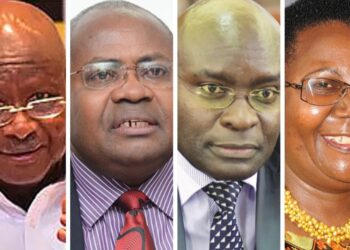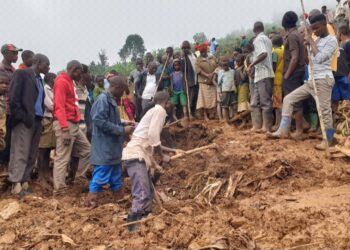In the past few months the words Quarantine, Lockdown, Corona Virus, Masks, Sanitizer, and Social Distancing remain the most pronounced words. Probably many of us have never used the words Quarantine, Lockdown and Social distancing before the advent of the Coronavirus epidemic. These words have come to exist with heavy meanings such as stay aloof, close yourself, avoid danger, and protect yourself and the like. They all have a big impact on our personal and social life. Having disrupted our normal life often they are not pleasant to deal with; but perhaps they have new lessons to teach us.
This epidemic has got the world by surprise. It has changed the world order at least for now. People lost their freedom; people could not claim their rights and privileges and often found themselves at the mercy of the governments and the law enforcing officers, whether we found them right or reasonable.
Many people predict that there is going to be a new world order; calling for more simpler life, make wiser decisions, live people-centered lives rather than pleasure and material-concerned. The whole humanity may move in one slower pace rather than in accelerated speed to make money and multiply resources. Surely there is going to be a new financial order in the world, affecting the richer and the poorer countries alike.
Surely Coronavirus and the lockdown will affect faith and belief in God, which is an integral part of human life. It locked down our places of worship, placed quarantine on our communal prayer and forced us to create social distancing with our familiar prayer leaders and spiritual guides. Surely some have gone unnoticed and made many believing people to question their credibility and need for their presence and activity. We are yet though to see the real impact coronavirus and the lockdown made on our faith and places of worship.
There were many witticisms made on the miracle workers and miracle centers asking them to work miracles on the prevailing disease. Surely many god-men and god-women are eager to reopen their prayer centers to alleviate their cash-stripped situations. We are yet to witness the eagerness of the people to return to places of prayer as they were excited to drive their cars when the lockdown was eased. Surely the period of lockdown and quarantine has been a real test of faith not only for the people but more so for those who preached.
Mainline churches had to resort to online worship just as online education given to school going children. Again we are yet to see and evaluate the impact of online worship just like online learning. The holiest seasons of Easter and Ramadan have gone almost unnoticed. We are yet to see if they have gone without making any nostalgia for the much revered communal prayer gathering.
It is human nature that we look towards supernatural help especially at the time of crisis. But Corona caught people unaware. When Lockdown was announced abruptly people did not have time and means to express their need for supernatural help as often it is expressed in a communal way, in a traditional way and in designated places of worship and refuge.
When the lockdown was thrust upon people by respective governments people were forced to be at home and at the mercy of their individual prayer and within their own families. Religions resorted to digital worship and virtual communal gathering. Now it is too early to say what is going to happen to the traditional forms of worship and other normal adherence to religious rituals and obligations.
Digital worship displaces and reshapes congregations’ dynamics; it downplays bodily participation and does not give the much needed emotional experience offered by the rituals. Surely the participants fail to get the emotional satisfaction usually they get from the singing of their hymns and receiving of Holy Communion. Digital participation is a kind of second hard or a remote connection with the sacred activities. For a spiritual experience the togetherness of the community is vital and physical presence in the designated place is indispensable.
On 26th May when private cars were permitted to be on the roads, Kampala experienced exceptional traffic jams. Police said that people are just excited to drive; they are on the road without any serious reason… just driving around the city. Now let us ask a faith related question. Will the churches and places of worship be filled with people when the sacred places are reopened? Will there be queues for confessions and Holy Communion? This is yet to be witnessed. Will this really happen? But we can be sure that restaurants and bars will be full when they are reopened. Certainly people have missed a lot of fun.
Surely we humans are a strange lot. We often take for granted the gifts of faith and care of our religious affiliations. That is the story of the people of Israel in the Old Testament. They strayed from the path that God had set out for them until the arrival of Messiah. This story continues to repeat in the history of the Church. Like the pampered and spoiled children we grow tired of God’s grace and his abundance of gifts we look for excitement elsewhere. Manna in the desert was a miracle, but soon people got tired of manna and they longed for the onions of Egypt and they rebelled against Moses, their liberator.
Down through the centuries Church has gone through great councils and synods often convened to tackle challenges that arose. But now the Coronavirus lockdowns can teach almost as much about our sacred duties as those great church gatherings. Perhaps if the people and the faith leaders miss this opportunity, another chance for learning may be hard to come by.
Fr. Lazar Arasu is a Catholic Priest and School Administrator.
Do you have a story in your community or an opinion to share with us: Email us at editorial@watchdoguganda.com













